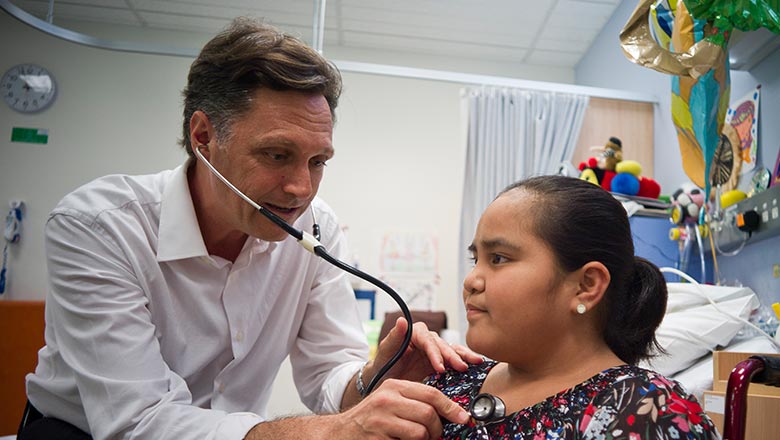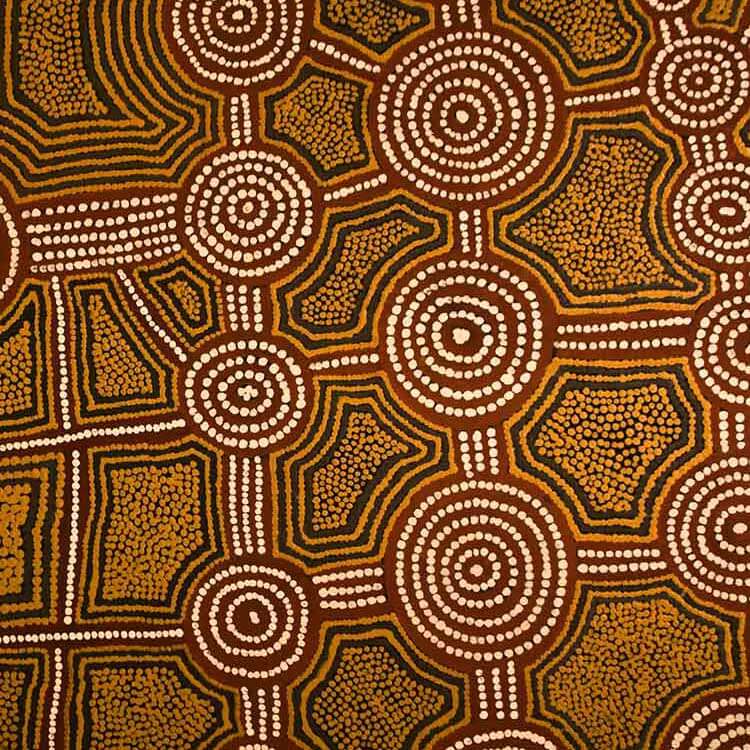Search
Research
Study protocol for controlled human infection for penicillin G against Streptococcus pyogenes: a double-blinded, placebo-controlled, randomised trial to determine the minimum concentration required to prevent experimental pharyngitis (the CHIPS trial)Regular intramuscular benzathine penicillin G injections have been the cornerstone of rheumatic heart disease (RHD) secondary prophylaxis since the 1950s. As the pharmacological correlate of protection remains unknown, it is difficult to recommend changes to this established regimen. Determining the minimum effective penicillin exposure required to prevent Streptococcus pyogenes infection will accelerate development of new long-acting penicillins for RHD prevention as well as inform opportunities to improve existing regimens. The CHIPS trial will address this knowledge gap by directly testing protection afforded by different steady state plasma concentrations of penicillin in an established model of experimental human S. pyogenes pharyngitis.

News & Events
Margie's story: Parent to a child with ARFWhen Liana complained of a sore foot and showed signs of a fever, her mum Margie rushed her to hospital. An X-ray of her foot revealed no obvious injury, so she was sent home and advised to take painkillers.
Research
Global, regional, & national burden of rheumatic heart disease, 1990-2015We estimated the global disease prevalence of and mortality due to rheumatic heart disease over a 25-year period

News & Events
Deborah Lehmann Research Award OpportunityThe Deborah Lehmann Research Award in Paediatric Infectious Disease Research is a funding mechanism to support the training and development of early- to mid-career researchers (EMCR) or Higher Degree by Research (HDR) students who are nationals from the Pacific Region working in or outside their hom

News & Events
Trans-Tasman partnership to tackle rheumatic heart diseaseResearchers at The Kids Research Institute Australia have begun a comprehensive research project into vaccines aimed at tackling rheumatic fever.
Research
Acute rheumatic fever and rheumatic heart disease: Incidence and progression in the Northern Territory of Australia 1997 to 2010The reduction in ARF recurrence indicates that the RHD control program has improved secondary prophylaxis; a decline in RHD incidence is expected to follow.
Research
The Australian guideline for prevention, diagnosis and management of acute rheumatic fever and rheumatic heart disease (2nd edition)Acute rheumatic fever (ARF) and rheumatic heart disease (RHD) occur at very high rates among Aboriginal and Torres Strait Islander people.

People
Professor Jonathan Carapetis AMInstitute Director; Head, Strep A Translation; Co-Founder of REACH
As Head of Aboriginal Research Development at Telethon Kids, Glenn Pearson believes his work brings us closer to identifying the real and whole Australian story

End RHD CRE News & Events
